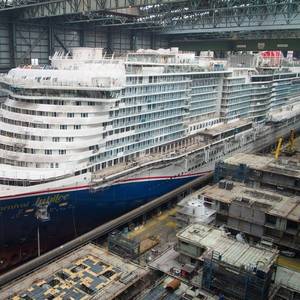
Order intake, exports, and green technology demand fuel confidence for 2025Germany’s maritime equipment and offshore supply industry is posting steady growth in 2024 and setting an optimistic course for 2025, according to new figures released by the VDMA Marine Equipment and Systems Association.With an average turnover increase of 5.
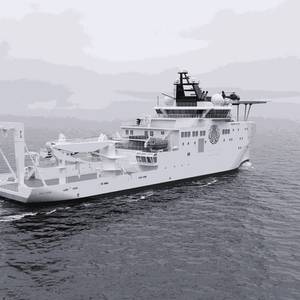
Vard, the Norwegian subsidiary of the Group and one of the world's leading builders of specialized vessels, has signed a new contract with the US research organization Inkfish for the design and construction of an advanced research vessel. The deal is valued at over USD$233 million (€200 million).
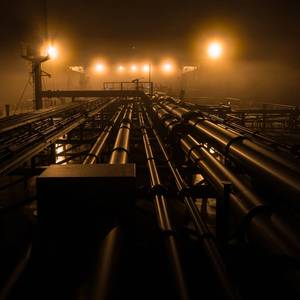
Global insurer Allianz Commercial recently issued its 2025 Safety & Shipping Review, examining maritime risk trends and losses. The report revealed that the shipping industry has made significant improvements when it comes to maritime safety in recent years. During the 1990s the global fleet was losing 200+ vessels a year.
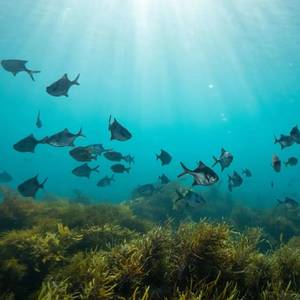
Fugro has been selected by nonprofit organization Ocean Visions to lead the development of a standardized environmental impact assessment framework for marine carbon dioxide removal (mCDR), a set of emerging technologies that enhance the ocean’s natural ability to store carbon.The initiative aims to support the permitting of mCDR projects by providing a transparent

The global maritime sector is entering an era of heightened geopolitical and regulatory uncertainty that threatens to offset long-term safety gains, according to Allianz Commercial’s 2025 Safety and Shipping Review. While vessel losses have reached a record low, the industry faces a volatile landscape shaped by trade conflict, increased sanctions, shadow fleets
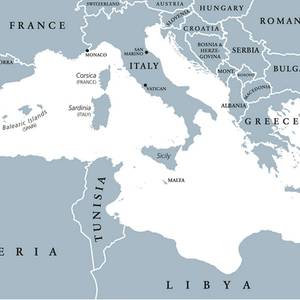
The Mediterranean Sea Emission Control Area (ECA) for sulphur oxides enters into effect on 1 May.This will make the Mediterranean Sea the fifth ECA for sulphur oxides in the world.In the Mediterranean Sea, it means ships will have to use marine fuel with lower sulphur content, down from 0.5% (a global requirement) to a maximum of 0.1%.

At the 163rd ABS Annual Members Meeting, the classification society says it has never been stronger, with substantial growth and leading safety performance reported. Key numbers in 2004 included the fleet growing to 300 million gross tons, giving it pole position in global class in global new order share with 22 percent.
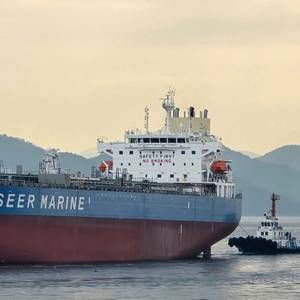
Abu Dhabi's Al Seer Marine, a subsidiary of International Holding Company (IHC), has taken delivery of two new Medium Range (MR) tankers, M.T. Saiph and her sister ship from K Shipbuilding Korea.Each vessel is equipped with an Exhaust Gas Cleaning System (EGCS) and engineered to accommodate alternative fuels such as Liquefied Natural Gas (LNG), ammonia, and methanol.
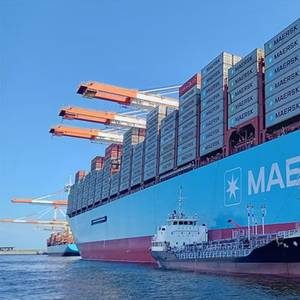
This week at MarineLink…The IMO 2020 Sulfur Cap essentially ushered in a new type of fuel - VLSFO. With it came the engine problems caused by off-spec or incompatible fuels as producers grappled with the requirement for providing a sulfur content not exceeding 0.05%. As pointed out in Lloyd’s Register’s 2024 Fuel Quality Report, persistent issues involving cat fines, stability

BIMCO has launched a Ship Recycling Alliance to help accelerate safe and environmentally sound recycling of ships. The alliance will co-ordinate the voices of the ship recycling industry and the shipping industry and help facilitate the global implementation of the Hong Kong International Convention for the Safe and Environmentally Sound Recycling of Ships (HKC).
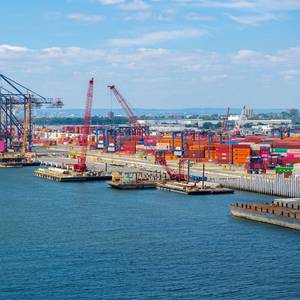
Amazon.com and IKEA, in alliance with about three dozen other companies that depend on ocean freight, will invite shipping firms for the first time to bid on a contract in January to move their cargo on vessels powered by near-zero emissions e-fuels like e-methanol.The group known as the Zero Emissions Maritime Buyers Alliance wants to use the combined clout of its members
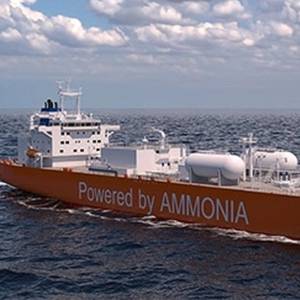
At one of the world's biggest bulk export ports in Western Australia, shippers safely completed the first transfer of ammonia from one vessel to another last month, a key test for its adoption as a marine fuel in the push for cleaner energy.The first cargo ships powered by ammonia are set to enter service in 2026